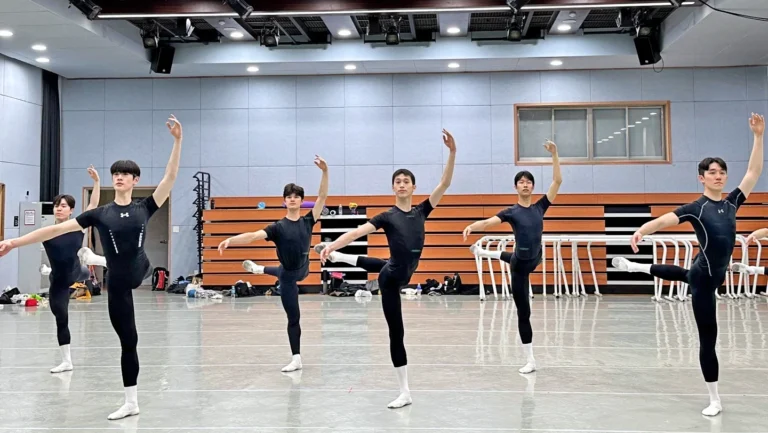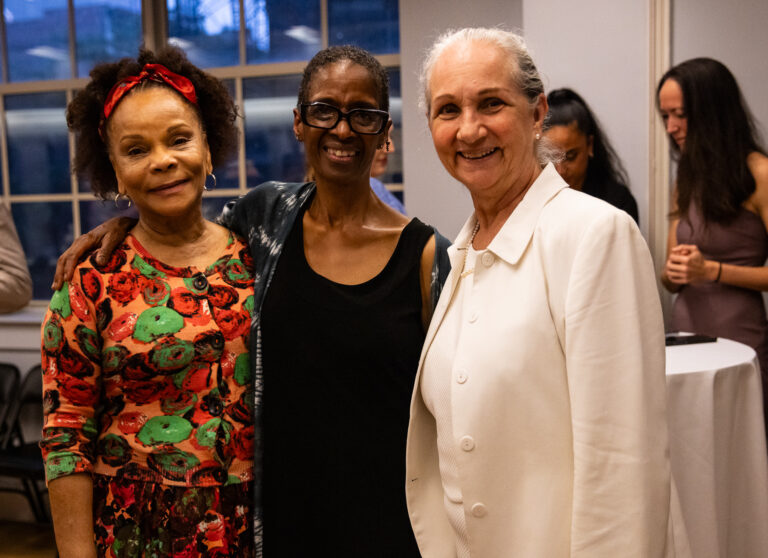
Shamel Pitts, New York City–based founder of the performance collective TRIBE, is one of three dance artists awarded Guggenheim Fellowships for 2020. Born and raised in Brooklyn and a graduate of LaGuardia High School of Music & Art and Performing Arts, The Ailey School and The Juilliard School, Pitts received the Princess Grace Award in choreography in 2018 and danced with Batsheva for seven years. He spoke with DT this summer during shelter-in-place.
What was it like receiving the Guggenheim? What will the award support this year?
I was finishing a performance tour at the Adelaide Festival in Australia when I got the news. A hugely surprising acceptance. It was around 3:33 am, and I was online at the airport.
Since the public announcement (on April 8), the world has changed hugely. This award propels me forward at a time when I am asked to stay at home. I am thinking about how to continue to work as an artist, an African-American artist and a citizen during this time.
It does help to receive awards where people and institutions say, “We see you. We believe in you. Keep going. And keep finding new and creative ways to keep going.” At this moment, I am digging into the intersection between solitude, creativity and solidarity.
What is the intersection of choreographing and teaching for you?
When I am creating a work, I am teaching. When I am dancing in a work, it is a teachable moment. I am continually trying to find new ways of engaging people and what it means to teach. The more that I can sustain myself as a student of teaching, the more pronounced my choreographic voice and purpose becomes. What comes out through clarity of research and coherent instruction helps me find out what the moment is asking for. One of the most meaningful ways to learn and to lead truly is to teach.
You are one of a select roster of certified Gaga teachers in the world. What do you love about Gaga?
Ohad Naharin has said that Gaga asks you to listen to your body before you tell it what to do. It is so multilayered to teach Gaga, and I love that. It is a complex, fascinating, invigorating, stimulating and challenging experience. You are constantly teacher and student. You are always moving with others, and at the same time you are listening to what is coming out of your body and out of their bodies to facilitate a clarity of instruction and research.




